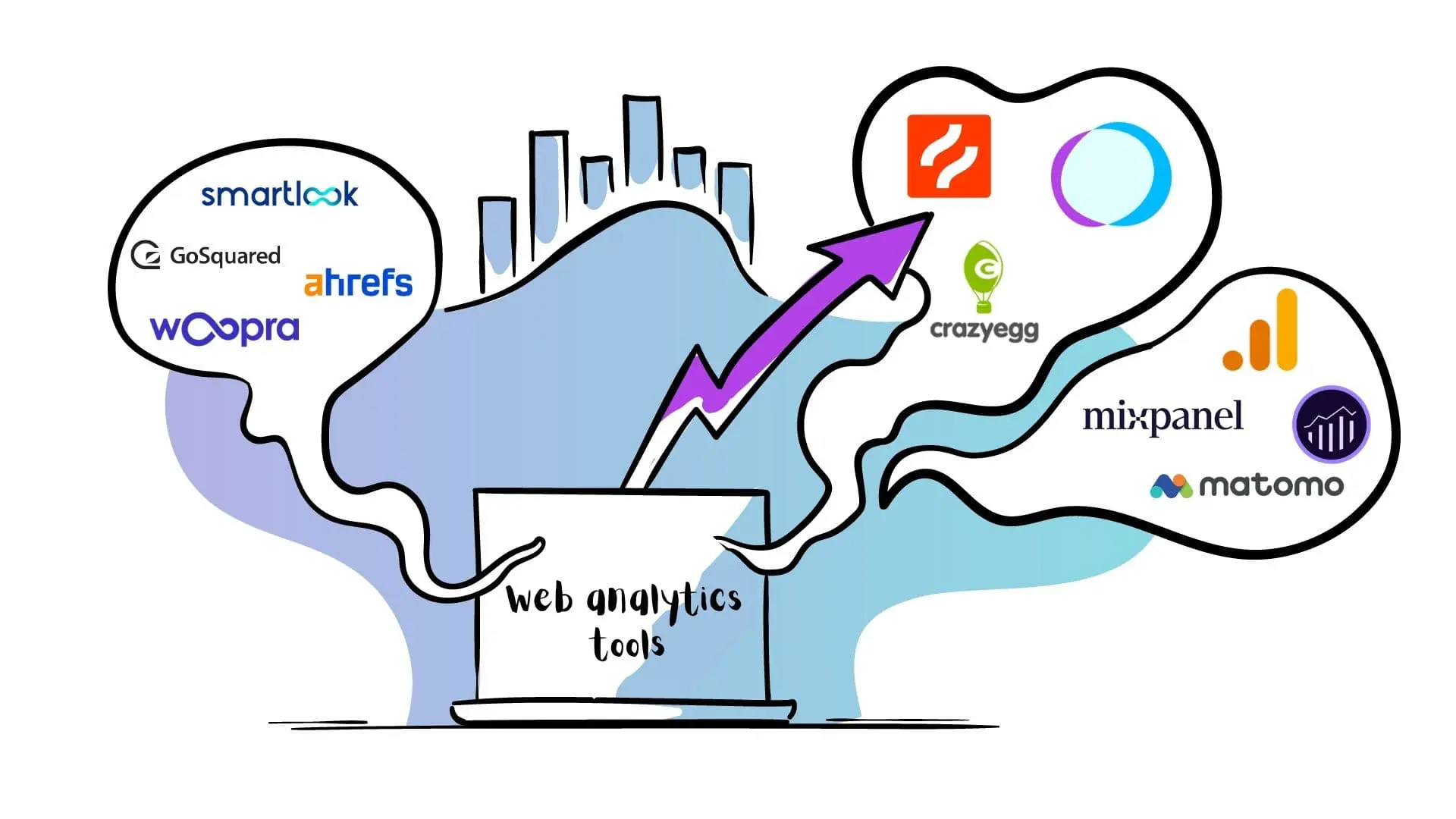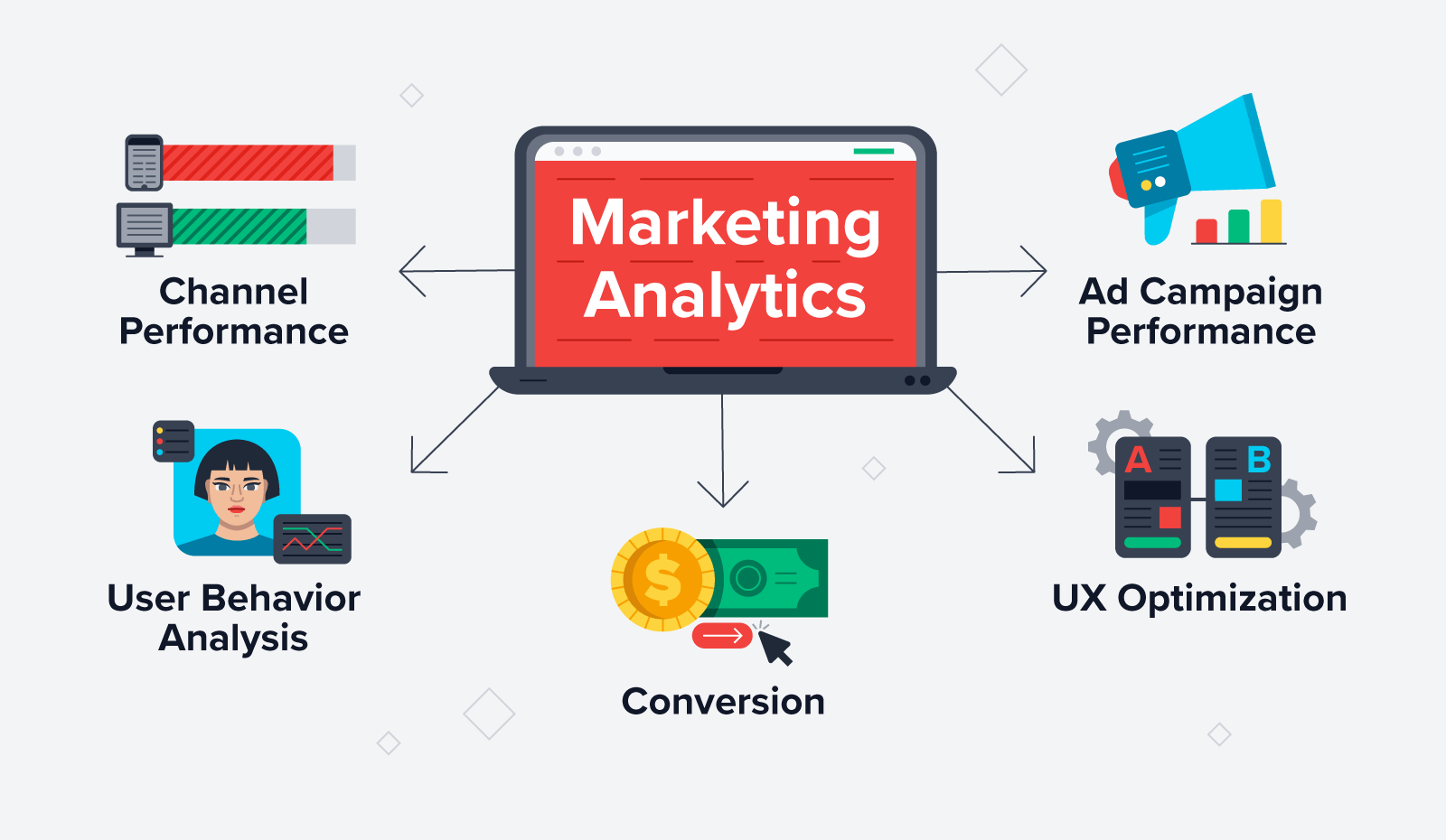Unlock Service Insights With Advanced Analytics Equipment
In today's data-driven landscape, the capacity to unlock service insights with advanced analytics devices is becoming progressively essential for companies seeking an affordable edge. What are the crucial considerations that organizations must resolve to effectively harness these innovative analytics capabilities?
Relevance of Advanced Analytics

Moreover, the affordable landscape needs that companies not only react to market adjustments yet likewise anticipate them. Advanced analytics empowers organizations to recognize consumer preferences, improve operational performance, and alleviate dangers efficiently. By leveraging these tools, companies can improve their decision-making processes and drive technology.
On top of that, the combination of advanced analytics cultivates a culture of continuous renovation, where organizations can refine their approaches based on empirical evidence. As markets such as financing, medical care, and retail progressively depend on information to notify their operations, the relevance of sophisticated analytics will just remain to expand, making it an essential element for continual success in today's data-driven economic situation.
Key Attributes of Analytics Tools
Advanced analytics devices are characterized by an array of vital attributes that improve their performance in information analysis and decision-making (Analytics). Among the key functions is information combination capacity, which allows smooth gathering of data from different resources, helping with thorough analysis. This makes sure that businesses have an alternative sight of their information landscape
Furthermore, progressed analytics devices frequently consist of durable statistical and predictive modeling capacities. These attributes enable organizations to anticipate fads and identify patterns, causing even more enlightened strategic decisions. Visualization devices are additionally integral, offering user-friendly visual depictions of information, which streamline complex information and make insights a lot more obtainable to stakeholders.
An additional important aspect is the consolidation of maker understanding formulas, which boost the capacity to analyze large datasets and uncover covert insights without explicit programming. Additionally, user-friendly interfaces allow non-technical users to leverage these tools effectively, democratizing data access throughout the company.
Sorts Of Advanced Analytics
While numerous sophisticated analytics methods exist, they can normally be classified into several key kinds that offer distinctive functions within organizations.
Descriptive analytics concentrates on summing up historic data to recognize fads and patterns. It supplies insights right into what has actually occurred in the past, allowing organizations to make enlightened choices based on empirical proof.
Predictive analytics, on the various other hand, uses analytical algorithms and machine discovering methods to anticipate future results based upon historical information. This type is specifically helpful for risk assessment and demand projecting, permitting businesses to get ready for possible difficulties and chances.
Authoritative analytics goes an action further by advising actions based upon predictive understandings. Analytics. my company It makes use of optimization and simulation techniques to suggest the very best strategy, guaranteeing that companies can make data-driven choices with confidence
Execution Strategies
Effective execution techniques for innovative analytics are essential for companies looking for to harness the full capacity of their information. To start with, a clear roadmap should be developed that straightens analytics initiatives with overall service purposes. This requires a deep understanding of organizational goals and the details questions analytics can answer.
Next, buying the best innovation and devices is essential. Organizations ought to examine readily available systems for scalability, ease of use, and integration abilities with existing systems. This makes sure that information can be accumulated, refined, and assessed efficiently.
Moreover, promoting a data-driven culture is important. Training workers on analytics tools see this site and methods equips them to use understandings successfully in decision-making. Involving stakeholders across departments can help with buy-in and encourage collaboration, enhancing the overall success of analytics projects.
Additionally, companies need to focus on information high quality and governance. Executing robust data management techniques makes certain that the understandings produced are precise and reputable. Continual examination and iteration of analytics procedures enable organizations to adjust to altering business demands and technological advancements, inevitably driving sustained worth from their analytics efforts.
Future Trends in Analytics
As companies execute durable analytics techniques, it is important to continue to be knowledgeable about the evolving landscape of analytics modern technologies and approaches. Future fads in analytics are poised to change exactly how businesses obtain understandings, enhance procedures, and drive decision-making.

One more fad is the rise of augmented analytics, which automates data preparation and insight generation, decreasing the reliance on data specialists. This democratization of analytics equips workers in any way degrees to utilize information in their functions.
Furthermore, the change towards real-time analytics will allow organizations to respond swiftly to market changes and consumer choices, boosting dexterity and competitiveness. As data privacy regulations Look At This come to be extra rigorous, analytics remedies will certainly likewise need to prioritize moral information usage, guaranteeing compliance while keeping durable insight generation. Embracing these fads will certainly be vital for organizations seeking to keep an affordable edge in an increasingly data-driven globe.
Final Thought
Finally, advanced analytics devices play a vital function in changing information into workable insights, driving strategic development and operational efficiency throughout organizations. Their vital functions, including anticipating modeling and artificial intelligence, promote the discovery of surprise patterns and patterns. Effective application techniques ensure that these devices are integrated into business processes, while arising trends show a continued advancement in analytics capabilities. Inevitably, fostering a data-driven society remains necessary for navigating the intricacies of modern service settings.
Advanced analytics includes a collection of techniques, including predictive modeling, maker understanding, and data mining, which enable companies to reveal patterns, projection fads, and optimize operations.
Successful application methods for innovative analytics are critical for organizations seeking to harness the full potential of their data. Continuous assessment and iteration of analytics processes allow organizations to adapt to changing company requirements and technological improvements, eventually driving continual value from their analytics efforts.
As data privacy policies become much more strict, analytics services will also require to focus on moral information usage, guaranteeing compliance while maintaining durable understanding generation.In verdict, progressed analytics tools play an essential role in changing information right into actionable insights, driving critical development and operational efficiency throughout companies.